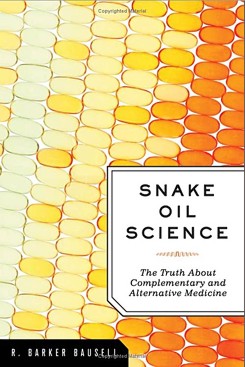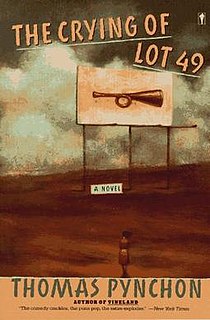
I am an unapologetic huge Harry Potter fan. As I stated earlier in my long-winded, unoriginal and mostly masturbatory post about why I like fantasy novels, Rowling's universe is incredibly easy to lose yourself in, fully realized without being so microdetailed that you spend pages learning about the shades of color in the particular rolling hills the characters are traveling in, and close enough to our own that with very little imagination one can get caught up in being upset that he or she was never sent a letter inviting them to attend Hogwarts (not that I have ever felt that way). And, like many Potter fans i would imagine, I was wholly satisfied by the series' conclusion, while still mourning the loss of the chance for further exploits by the characters I so loved.
Enter Beedle the Bard. Harry Potter and the Deathly Hallows absolutely and definitively ended the series, and I would have been more upset than not to learn that Rowling intended to change that (either by continuing or filling in missing time, a la Orson Scott Card's Ender's Shadow series, which seems wholly unnecessary to me). However, it is not unreasonable for Rowling, despite being fantastically wealthy beyond her wildest dreams, might want to continue to write, and might want to continue to dwell in the universe she so ably created, rather than switching to, say, Historical Fiction or Food Memoirs or something. For those of you who made it through Deathly Hallows, the title of this project (i hestitate to call it a novel, and its barely short stories) will be recognizable as the ficitional book that is a major plot point for Harry and his friends, bequeathed to Hermoine by Dumbledore. The book in its RL (that's real-life for those non-dorks out there) incarnation is five wizarding fables, none particularly groundbreaking or unrecongizeable. While they don't have exact Muggle parallels (its not like "The story of Cinderella except shes a Witch" or "The Magical Tortoise and the Even More Magical Hare") Rowling abley apes the Brothers Grimm/Aesop/etc. form and ideas of looking past the surface, rewarding kindness, punishing greed and cruelty etc. The fact that these stories were used to teach these values to wizard children instead of muggles doesn't change the more or less interchangeable content. The stories are short and mostly forgettable, though fun all the same.
The real genius of this book, and I say this with the largeish caveat that if you either a) hate b) ignore or c) have been living under a rock with your entire family for some sort of rock-living memoir since 1997 and thus have never heard of the Harry Potter series, this book is not for you. You will get no more enjoyment out of it then reading 5 random fairytales, and possibly less so as you struggle over the silliness of words like "Muggle" and names like "Babbity Rabbity". But for those who are loyal to Rowling and Potter, the book is absolutely worth it for the commentary and notes that are included after each story, written by one Albus Percival Wulfric Brian Dumbledore. Dumbledore's commentary doesn't add to the stories themselves so much, as provide backstory, mythology, and in-jokes about the wizarding world. In the way that The Simarillion informs The Lord of the Rings, the commentary here deepens the HarryPotterverse in an extremely satsifying and often tongue-in-cheek way. If that sounds appealing to you, you'll love this book. If not, you don't want it. Either way, it took me 25 minutes to read.





.comiccover.jpg)


































